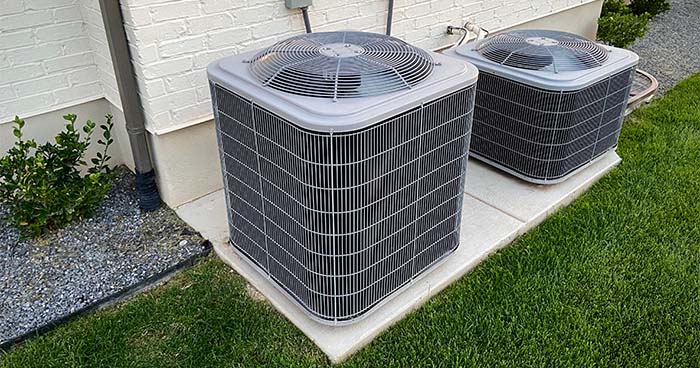Why Is My HVAC Not Cooling?
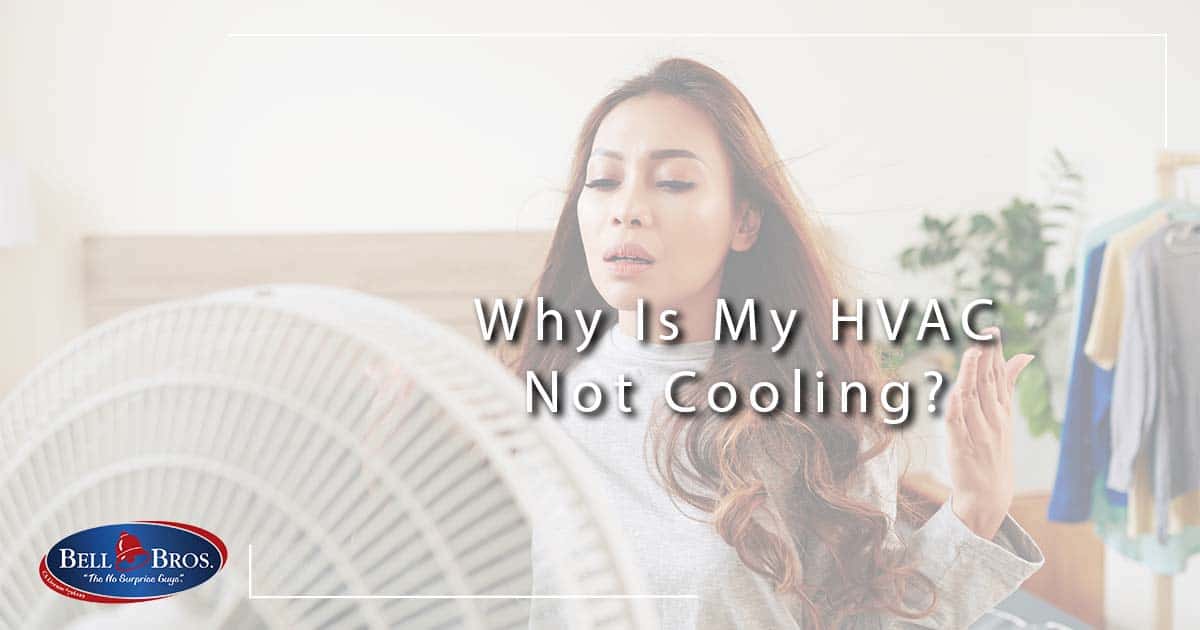
Is your air conditioner having trouble cooling your home? If so, it’s likely to happen in the middle of a hot summer day when it’s crucial you have a comfortable home. Fortunately, we’re here to help anyone dealing with their HVAC not cooling and offer some possible causes, some of which you can handle on your own.
Dirty Air Filter
Air conditioners are equipped with an air filter that’s located around the indoor air handler unit. The air filter captures dust, dirt, and dander to prevent it from traveling through the system and into your home or unit, which can damage the components in your air conditioner. Plus, it helps eliminatedirt and dust in your home which can trigger allergies or respiratory problems.
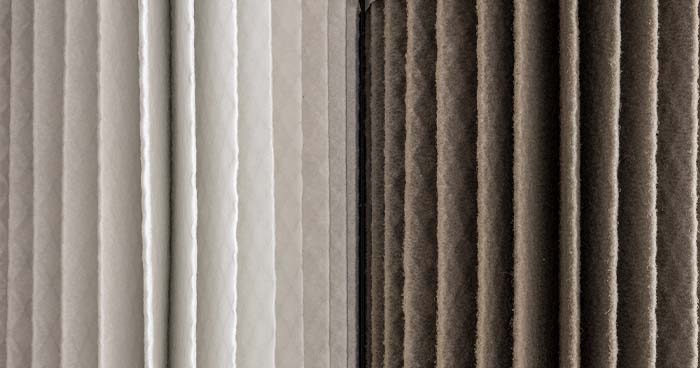
When your air filter is dirty, the system can’t run efficiently and cool your home. The airflow becomes blocked, preventing cool air from coming in and the hot air from going out. When the filters are severely dirty or blocked, your system may shut down completely to protect itself.
Incorrect Thermostat Setting
If you have your air conditioner running and it’s still hot and humid in your home, you should check the thermostat settings. It may seem obvious, but someone could’ve changed the thermostat setting inadvertently and created a problem with cool air.
Check the settings to make sure your air conditioner is set to “cool” and check that the temperature is low. You should also make sure the thermostat isn’t on heat or fan, which may be “on,” and switch it back to cool.
Condenser Coils Are Clogged
Most central air conditioners have an outdoor condenser unit with a large condenser coil that wraps around most of it. The condenser fan transfers the heat from your home through the coil, which is how it cools.
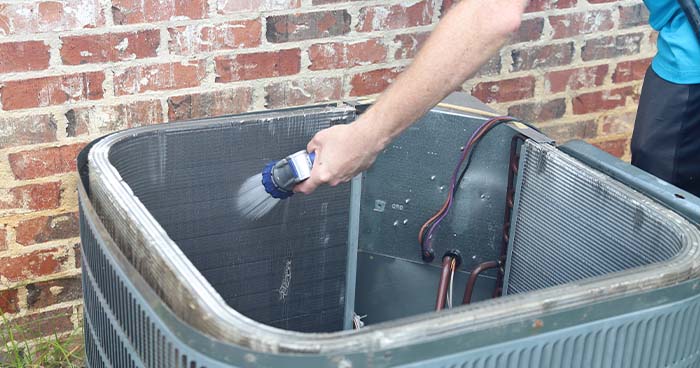
Refrigerant Leak
Air conditioners have refrigerant to flow through the indoor and outdoor coils. This refrigerant changes from a liquid to a gaseous form to pull heat and humidity from your home and transfer it outside.
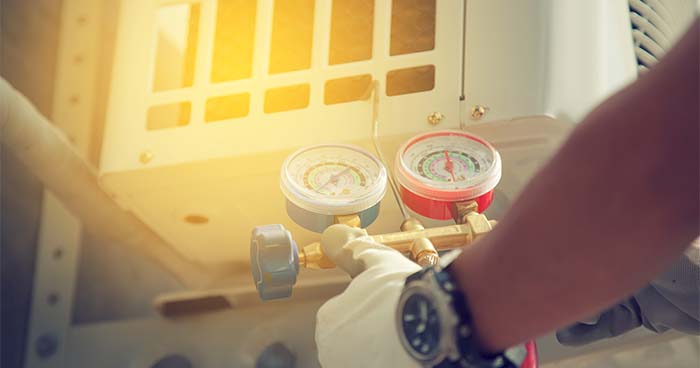
Air Conditioner Is Too Small
Most people aren’t aware that air conditioners are measured in BTUs, or British Thermal Units. These are the standard units for air conditioners and help you determine the best sized air conditioner for your home or space, taking factors like the climate and your home’s insulation into account. If the system isn’t sized appropriately, it can’t run efficiently and cool your home as it should.
